FAQ
Regarding specialisation tracks, what if we cannot get a place in the required elective? (As subject enrollment seems rather competitive)
ESD will conduct specialisation track survey with our students to enable us to plan for the resources for the different ESD elective. We will assist our students with pre-enrolment for the electives to help them achieve their specialisation track requirements.
Is it important to have a specialisation track? Will a degree in ESD be too broad if I become trackless?
The choice of specialisation track makes sense if you know which industry you would like to work for upon graduation. The specialisation track electives will provide more in-depth learning on topics related to the industry. A degree in ESD without specialisation track will also equip our graduates with core skills in probability, optimization, statistics, modelling, analytics, and economics. How you present yourself in an interview is perhaps more important than what program is listed on your transcript.
How do you think COVID will affect the class of 2022 when we graduate?
We are staying positive that the COVID-19 situation will improve by 2022. We would like the Class of 2022 to be able to celebrate their accomplishments in SUTD with timely commencement and graduation parties, and more importantly, to find employment of your choice by then.
Could the pandemic give way for an Applications of Systemic Design in Healthcare Course in the future?
Several ESD faculty are engaged in COVID-related research. Professor Peter Jackson, Head of Pillar ESD, is working with a Masters student to create optimization-based approaches for pandemic supply chains. One of our DBA projects is on distribution of anti-virals in Singapore. Your course title is intriguing. We are unlikely to offer a course this year but we could look for other ways to engage you in the studies.
Why is Term 6 core mods fully online?
The number of students for ESD core modules exceed 50 students per class. Hence, these classes are conducted online for this Fall 2020 term in compliance to the safety guidelines set by Ministry of Education (MOE).
How do we go about customising our own specialisation track? Any advice?
The specialisation track is not mandatory: students can customize their own selection of electives in accordance to their interest. You may wish speak to your faculty adviser or ESD Undergraduate Programmer team when you are developing your study plan.
Any ESD graduates who go on to work for hedge funds?
We do not have specific employment records where ESD graduates have joined a hedge funds company. However, we do have ESD graduates who join financial institutes such as Schroder, Price Waterhouse Coopers, SynPulse, etc.
How have ESD graduates fared in the current job market?
Despite the challenging job market this year, ESD graduates’ employment rate by pillar is at 67.3% as at 10 September 2020. This is 2.5% point higher compared to 2019 during the same time period.
Are we allowed to take subjects on audit, even if the timetables conflict?
For course audit, students are required to fulfill the course requirements stipulated by the course instructors. Hence, if there is a time table conflicts, students are NOT encouraged to enroll for the course audit.
What is the highest salary for ESD graduates?
We currently only track the average salary of ESD graduates. The average salary for a ESD graduate for 2018 is about S$3,800.00 (source: Web-Publication-SUTD-GES-2018)
